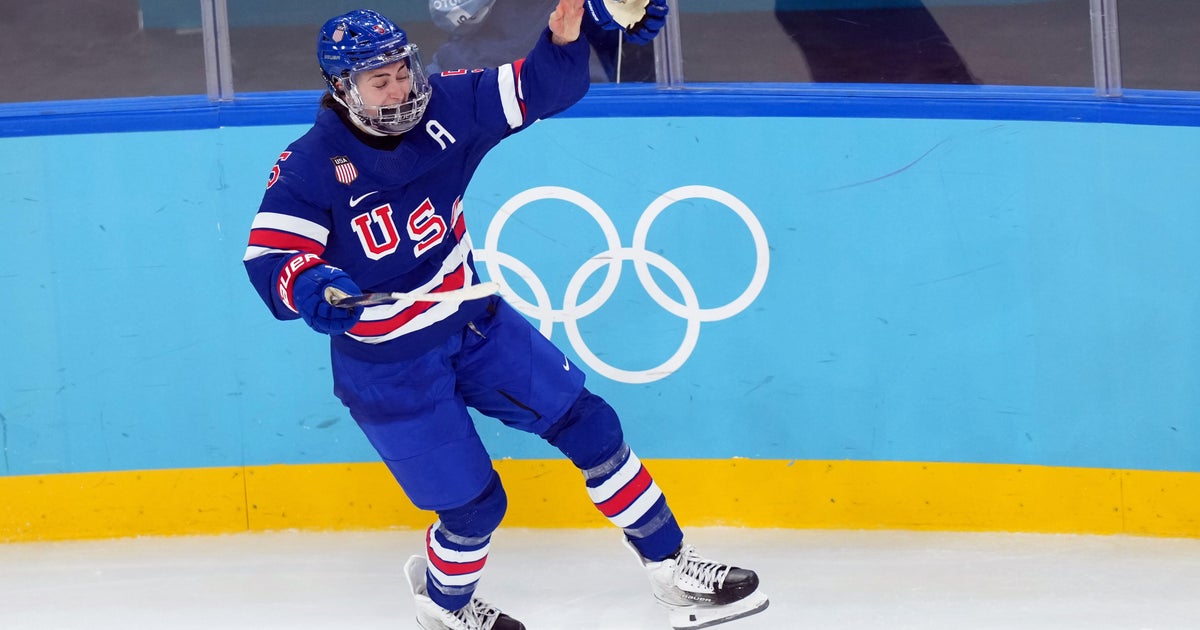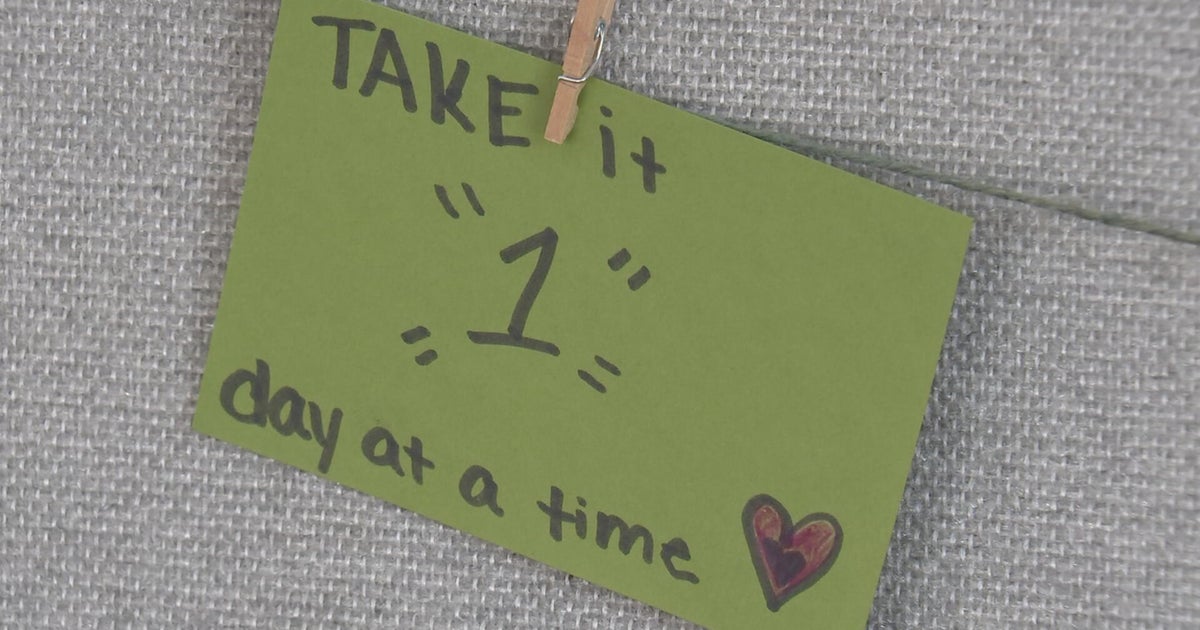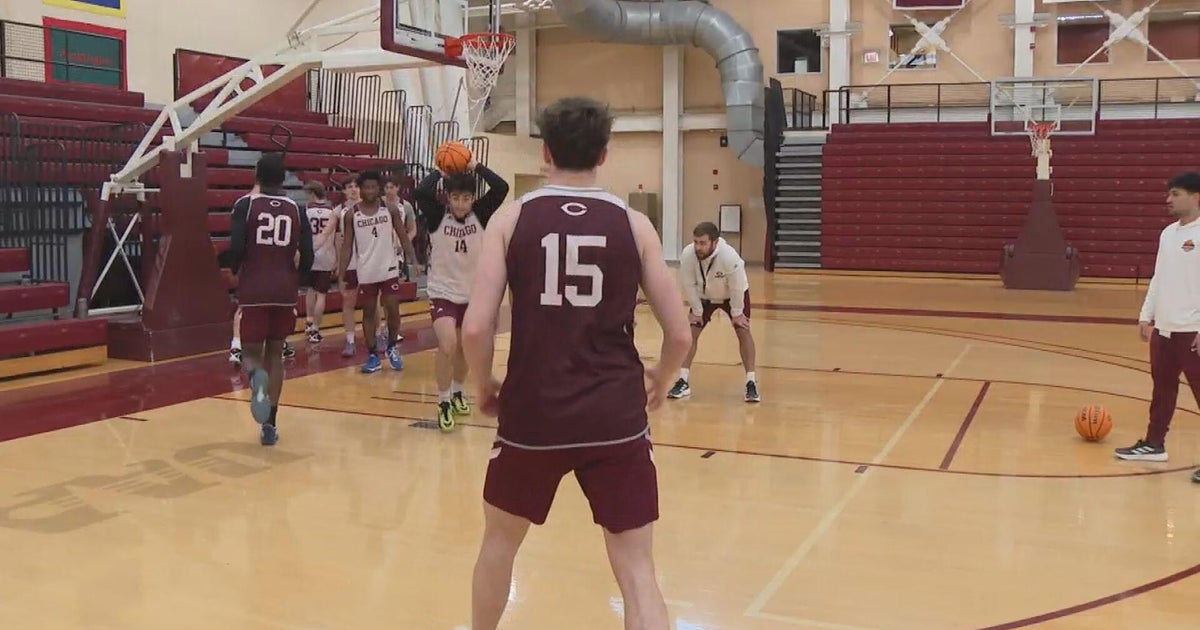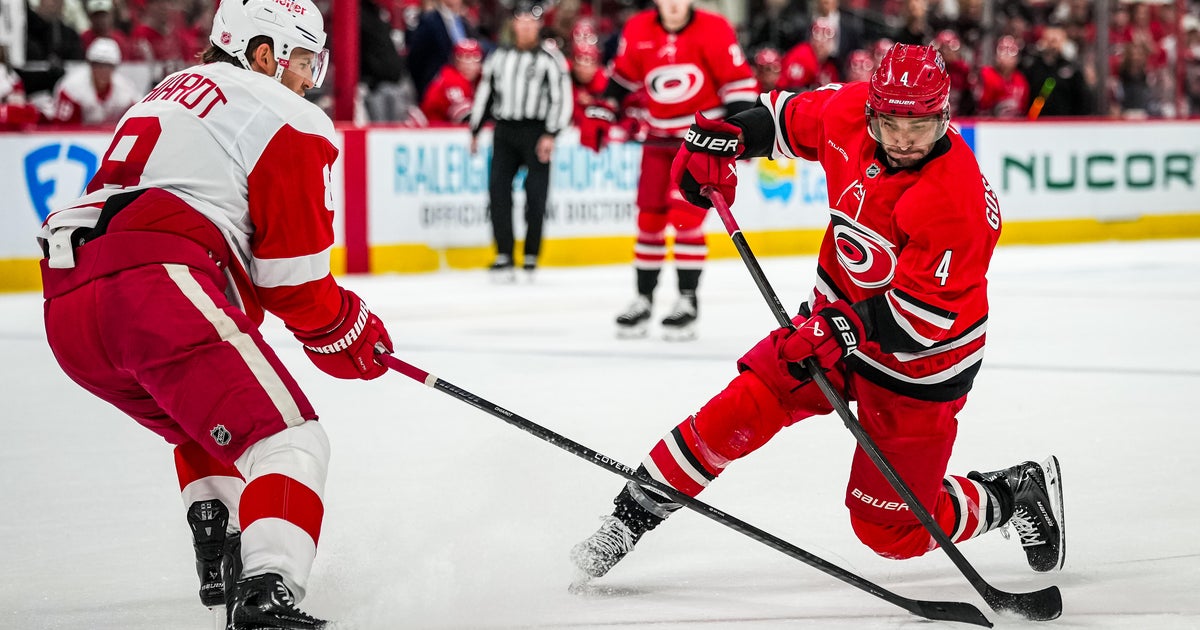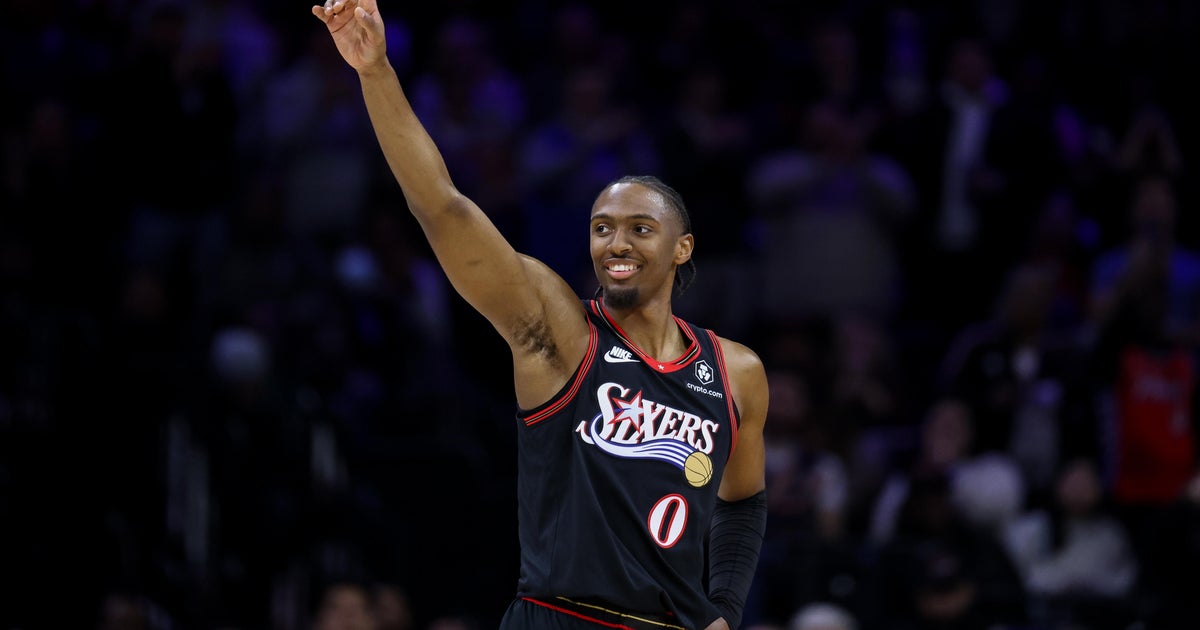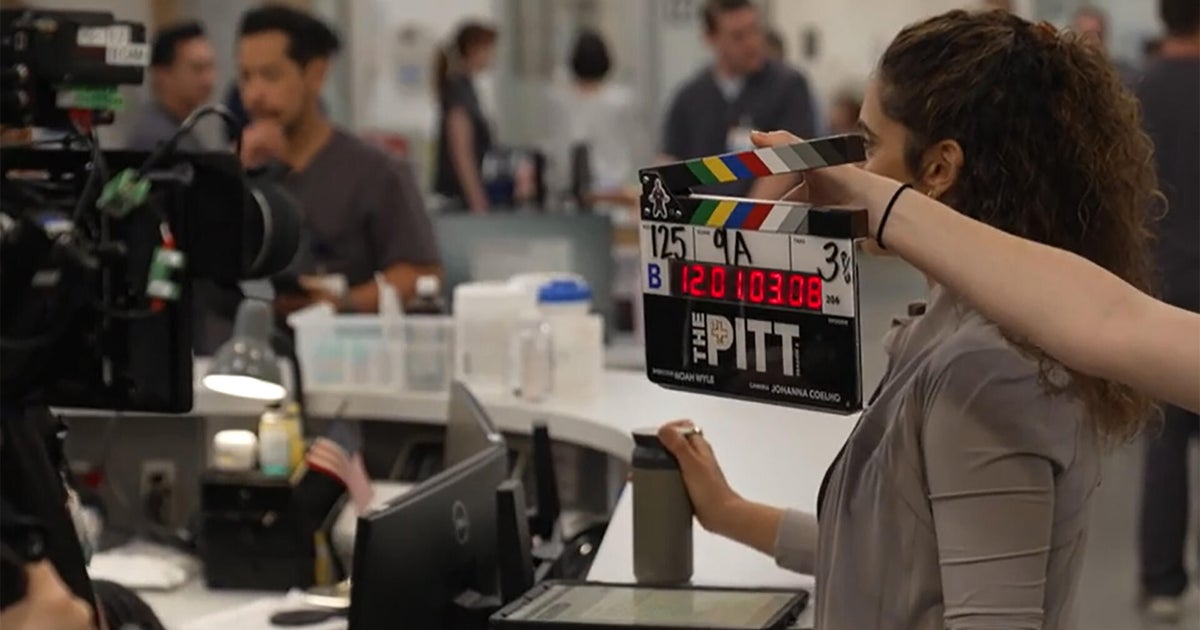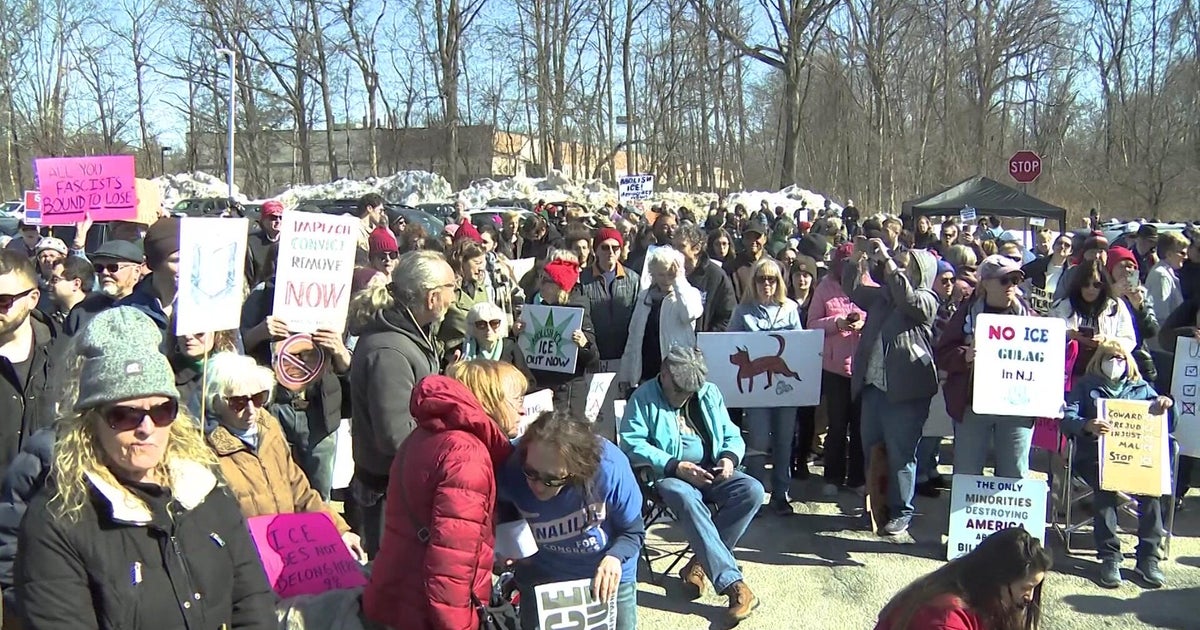Neely, Sweeney, Montgomery try to explain how and why Bruins lost in first round of playoffs
BOSTON -- Time has passed, dust has settled, but nothing has really made anybody from the Bruins organization feel any better about the team's first-round exit from the postseason following their historic regular season.
"For me it's been quite an empty feeling, to be honest with you," team president Cam Neely said Tuesday. "You take a look at 2019, the loss in Game 7. This is a close second to that for me."
Neely spoke alongside GM Don Sweeney, head coach Jim Montgomery, and CEO Charlie Jacobs for a season-ending media availability that was taking place about two months earlier than the team hoped it would be happening. After a record-setting 65-win, 135-point regular season, the Bruins lost Game 7 on home ice against the Florida Panthers, leaving all of the Bruins' principals stunned more than a week later.
"It had a lot of feeling to '19," Sweeney said, echoing Neely's sentiments. "And you're talking about a Game 7, on the precipice of winning, and now you're losing in the first round, and it had the same feeling of failure. And players acknowledged it."
"I ... at times have a hard time finding words for just how empty I feel knowing all that was put into this season, all the potential we had for this run, and it's incredibly disappointing," Jacobs added.
While the feelings are to be expected, the how and why of the Bruins' first-round loss to the Panthers remain difficult to pin down.
From his perspective, Sweeney offered three key areas where the Bruins failed.
"At the end of the day, ill-timed poor execution was a massive problem for us, in particular in some of the games. Breakdown in structure, which we really hadn't done for the vast majority of the season, ill-timed. And our goaltending wasn't at the same level as the regular season," Sweeney said. "So those three things combined are going to lead to a variance in results."
Sweeney added: "It's not any one singular person's fault. Everybody makes mistakes. Everybody in the course of the game. But the layers and the structures I pointed out, in particular I think Game 6 is a bit of a snapshot of what kind of went wrong for us in points of the series. Where we're in control for a vast majority of games, we close games out, we have the confidence to do those things, and it dissipated in key moments. Right up until Game 7 when we're in full control of the hockey game with a minute to go. … We take full responsibility across the board in terms of where our failures are -- individually and collectively as an organization."
From his view behind the bench, Montgomery said he failed to get the players to fully embrace the moment of the postseason.
"The overriding one is it's my job to get players to own the moment, seize the moment. And that didn't happen. And that falls on me," Montgomery said, noting that the Bruins just didn't have the same energy level in the playoffs as they did in the regular season.
In addition to expressing regret about not switching from Linus Ullmark to Jeremy Swayman sooner and keeping his regular lines intact when Patrice Bergeron made his series debut in Game 5, Montgomery added that he wished he had made better choices with his defensive pairings.
"I think I could've switched the D pairings on who the matchups were a little bit quicker," Montgomery said. "We were shutting down one line really well, we weren't shutting down another line really well. We did it for two games, but we didn't for five. Those are the things that really stick with me."
Montgomery added: "But the number one thing is it's my job to get players to elevate their games, and I didn't do that."
Montgomery also said that he wished he put players into peer meetings more often, so that they could have hard conversations about assessing each other's performances in order to strengthen the team.
"I think that kind of inner conflict would, I believe, help our players prepare a little bit better for the hard times ahead. Because the playoffs are a different animal," Montgomery said. "I talked to [Tampa Bay Lightning head coach] Jon Cooper yesterday, he's like, 'The first round is the wild wild west. You've just gotta get through.' And we didn't get through. And those are hard times that fall on us right now because of it. So that inner conflict, I believe, helps you mentally prepare. And that's one thing I would change."
Neely tried his best to explain what happened, too.
"My concern was OK, are the guys gonna put too much pressure on themselves because of the regular season we had, and the expectations just went through the roof?" Neely said. "I had a couple of players at the exit meetings actually apologize, saying, 'You guys gave us a wagon of a team, and we didn't execute.' Players, they know. Players know when you have a chance to win and they know when you don't have a chance to win. They knew we had a chance to win, they knew we had a chance to go deep. And for whatever reasons, we didn't play the way we did in the regular season. … I don't know -- the confidence, the nerves -- what it was. But these are the things that we gotta dig into. … All those things, the outside noise maybe creeped inside a little bit, for me."
Clearly, the folks in charge of the Bruins are accepting a piece of the blame while pointing out that the players also simply did not play the level of hockey that they proved capable of playing from October through April. It's difficult to find fault in any of the explanations, though it won't make understanding the massive underachievement any easier to understand or process.
